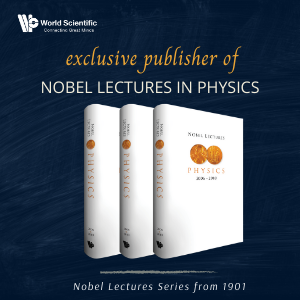System Upgrade on Tue, May 28th, 2024 at 2am (EDT)
Existing users will be able to log into the site and access content. However, E-commerce and registration of new users may not be available for up to 12 hours.For online purchase, please visit us again. Contact us at customercare@wspc.com for any enquiries.
Solving problems in quantum mechanics is an essential skill and research activity for scientists, engineers and others. Nowadays the labor of scientific computation has been greatly eased by the advent of computer algebra packages. These do not merely perform number-crunching tasks, but enable users to manipulate algebraic expressions and equations symbolically. For example, differentiation and integration can now be carried out algebraically by the computer.
This book collects standard and advanced methods in quantum mechanics and implements them using REDUCE, a popular computer algebra package. Throughout, sample programs and their output have been displayed alongside explanatory text, making the book easy to follow. Selected problems have also been implemented using two other popular packages, MATHEMATICA and MAPLE, and in the object-oriented programming language C++.
Besides standard quantum mechanical techniques, modern developments in quantum theory are also covered. These include Fermi and Bose Operators, coherent states, gauge theory and quantum groups. All the special functions relevant to quantum mechanics (Hermite, Chebyshev, Legendre and more) are implemented.
The level of presentation is such that one can get a sound grasp of computational techniques early on in one's scientific education. A careful balance is struck between practical computation and the underlying mathematical concepts, making the book well-suited for use with quantum mechanics courses.
Readership: Physicists, chemists, mathematicians and computer scientists.



























